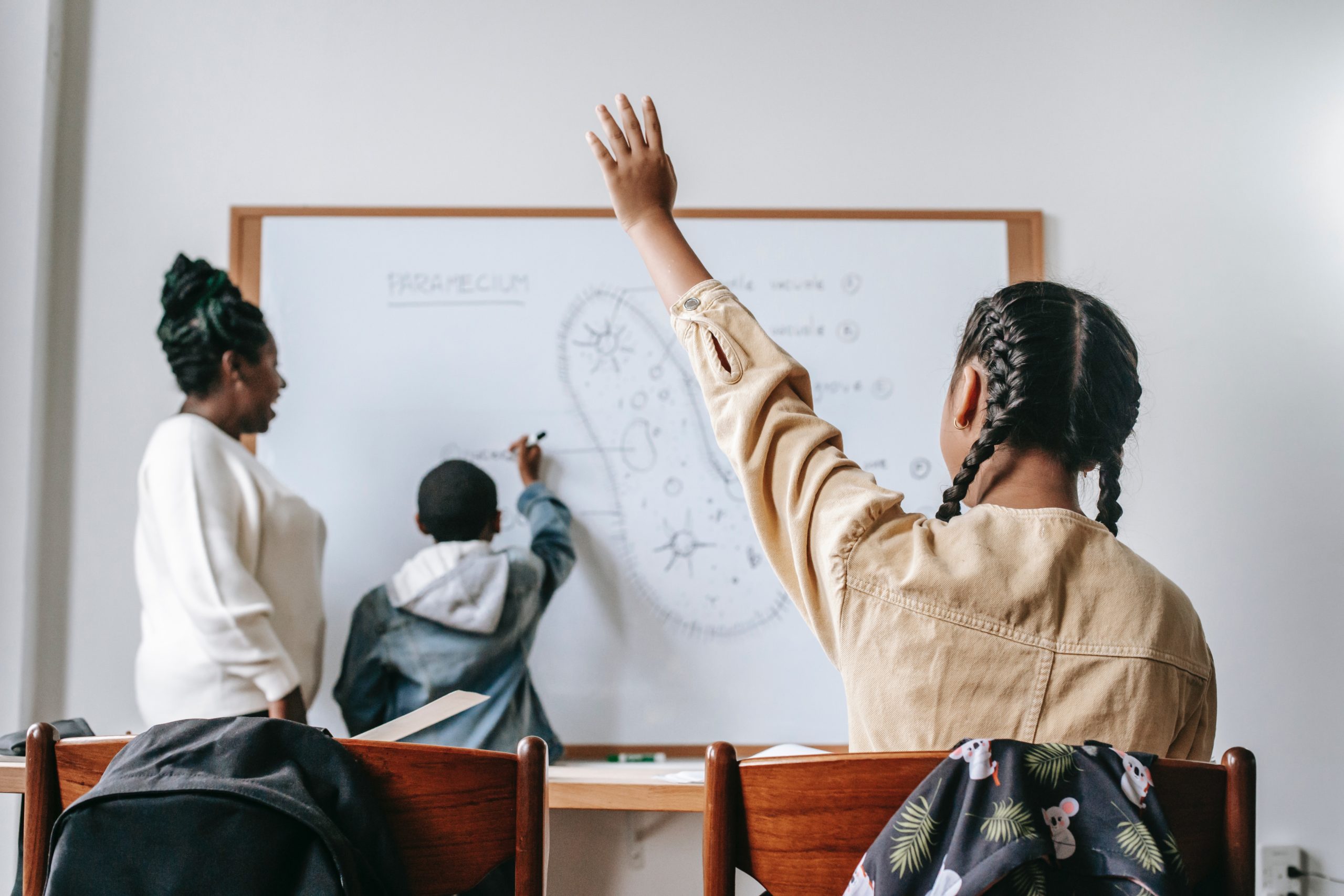 The word ‘brave’ is typically attributed to larger-than-life heroics. Bravery is big, and bravery is bold. But bravery can also be small and private, easy to overlook or take for granted. This subtle bravery is just as important to name and celebrate. It is the bravery of true effort, of putting ourselves out there with the knowledge that we might fail.
The word ‘brave’ is typically attributed to larger-than-life heroics. Bravery is big, and bravery is bold. But bravery can also be small and private, easy to overlook or take for granted. This subtle bravery is just as important to name and celebrate. It is the bravery of true effort, of putting ourselves out there with the knowledge that we might fail.
For many students, every day is an exercise in bravery. A student who finds it difficult to socialize with other students is brave when they approach a group in the cafeteria and ask if they can join. A student who is confused in class is brave when they raise their hand to ask a clarifying question. And a student who doubts their abilities is brave when they commit to putting forth their best effort, not knowing whether it will be good enough.
Giving something our best effort is one of the most vulnerable things we can do. When we don’t try our hardest, our excuses are baked in from the start. We can explain away these failures; they may reflect our efforts, but they don’t reflect our capabilities. And this is safer than trying, because when we try, when we really lay it all on the line, we run the risk of REAL failure; not ‘I could have tried harder’ failure, but ‘I did my best and it wasn’t good enough failure’. This type of failure is an essential part of developing the resilience and flexibility that supports students’ long-term success.
I’m privileged to see students learning to be brave every week.
Sometimes that bravery comes in the form of a student admitting that they don’t understand something. This seems mundane and unremarkable, but how often do we admit this ourselves? How often do we ask for help in making sense of things we’re told that we should know? Asking for help and seeking guidance is not only brave, it is wise. Too often we lose this wisdom as we get older and are made to believe that we should know the answers, even when we don’t understand the questions.
Other students are brave when they show up every week and try their hardest as they prepare for an admissions test like the SAT or ACT, or a high school entrance exam. They hear about their friends’ high scores, they see the percentiles and the average scores at the high schools or colleges to which they hope to apply, reminding them that they are still far from their goals. But they keep showing up and putting in their best effort, making progress one step at a time, like a determined hiker with their heart set on the summit. They are brave not just for working hard, but because they are facing the risk of trying their hardest and still coming up short.
So how do we nurture this bravery? How do we raise children to take risks so as to become their best selves?
First, we praise the effort more than the outcome, and we attribute success to the work the student has put in rather than any natural attribute that has made them predisposed to ‘success.’ Talent should be celebrated, but as the saying goes, “hard work beats talent when talent doesn’t work hard.” Whether a student achieves their goal or not, the important question is: ‘Did you do your best?’ Did the student act bravely and risk true failure?
Second, we continue to raise our expectations. We are all prone to plateauing. At our jobs, in our exercise routines, even in our relationships, we reach a point when we know what it takes to get by; we understand what ‘good enough’ looks like and we become comfortable at that level. When a student is putting in their best effort and achieves a new tier of personal success, we should celebrate the effort that got them there, but we should also work with the student to determine what comes next. The beauty and tragedy of goals is that our reward for each goal achieved is the opportunity to set a new, more ambitious goal. But when we do this, bravery becomes a habit rather than an exception, a muscle that grows stronger as we use it.
Finally, we forgive ourselves and others when we fail. If we have experienced true, courageous failure in which we have given our best effort and still come up short, we don’t make excuses, nor do we blame ourselves. When we push ourselves on a regular basis, some failure is inevitable; and the braver we are, the more often we will fail. But failure becomes less frightening the more we experience it, and as our fear of failure is diminished, our capacity for bravery grows.
Raising kids to be brave also requires courageous teaching. You may see a failure coming a mile away, yet you resolutely believe in your student, encouraging them to give their best effort, to be brave, even when you know that their efforts will not be enough for them to succeed, at least not yet. But when students learn to give it their all, to fail again and again only to get up stronger and more determined, they develop the routine bravery that they will need to be the architects of their own long-term success.
Travis Minor founded Open Door Education in 2011 with the goal of building the best and most impactful tutoring organization in Massachusetts. Travis, who earned his B.S. in Secondary Education at the University of Vermont and his M.Ed. at Harvard’s Graduate School of Education, began his teaching career in West Philadelphia, where he became acutely aware of the profound impact of enthusiastic, rigorous tutoring and test preparation. Travis understands the pressures and challenges facing students attending competitive high schools, and he also knows the life-long benefits of learning to rise to overcome these obstacles through patience, grit, and a willingness to ask for help (something he is still working on). When he’s not at Open Door, Travis serves as the chair of The Scholarship Fund of Concord and Carlisle, the Vice President of Ethics for the National Test Prep Association, and as the Education Entrepreneurship Teaching Fellow at the Harvard Graduate School of Education.



